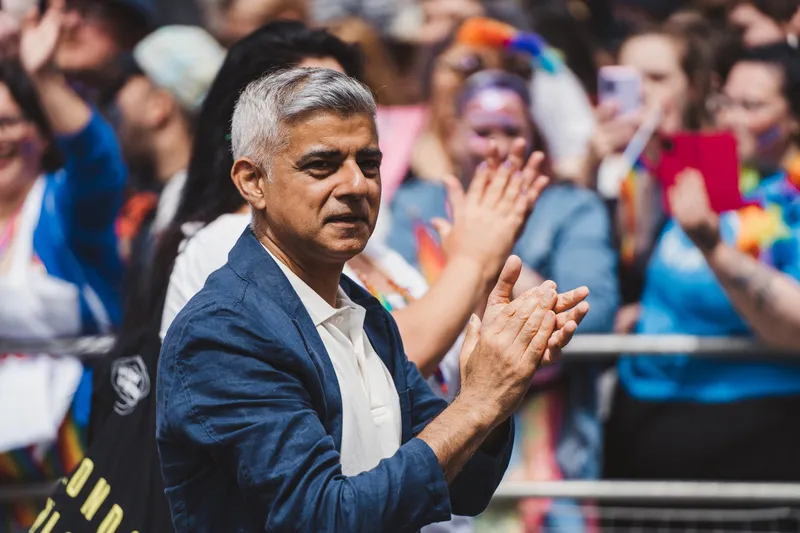
London's ultra-low emission zone (ULEZ) expansion has been a contentious issue in the UK capital - but it was not enough to stop the city's mayor from being re-elected for a historic third term.
Sadiq Khan was behind the £140m expansion of the ULEZ in August 2023, which saw it more than quadruple from 380km2 (147 sq miles) to 1,579km2 (610 sq miles), encompassing all 32 London boroughs.
Khan's main challenger, Conservative candidate Susan Hall, had promised to reverse the ULEZ expansion 'on day one' if she had been elected London mayor instead.
The Conservatives are the ruling party in the UK nationally, and have decried measures such as ULEZ expansion as part of a 'war on motorists'.
However, Khan (part of the national opposition Labour party) was re-elected in London with an 11 percentage point gap between him and Hall, a victory celebrated by prominent campaigners on urban mobility and decarbonisation.
Janette Sadik-Khan, former New York City Department of Transportation commissioner, posted on X: "Yes we Khan! For all the politicians who think that running against low-emission zones and low-traffic neighbourhoods will win votes, Sadiq Khan's election to a third term as London's mayor is a message that it's time to look for another issue."
Carlos Moreno, professor at IAE-Paris Sorbonne and 15-minute city advocate, posted on X: "Democracy has spoken: despite the violent attacks on the ULEZ, LTN [low-traffic neighbourhoods], 15-minute city, the car-friendly Conservatives suffered their worst defeat for a long time... Cities want to be more healthy and green with a happy proximity."
Transport for London insists that data shows "95% of vehicles overall seen driving in London on an average day now comply with ULEZ emissions standards".
In other words, while opposition to ULEZ has at times been vociferous, the vast majority of drivers do not have to pay the £12.50 daily fee anyway.
However, the UK Daily Telegraph reported that so-called 'blade runners', who have been attacking camera and traffic signal infrastructure, cut down ULEZ camera poles hours after Khan's re-election on Saturday afternoon.









